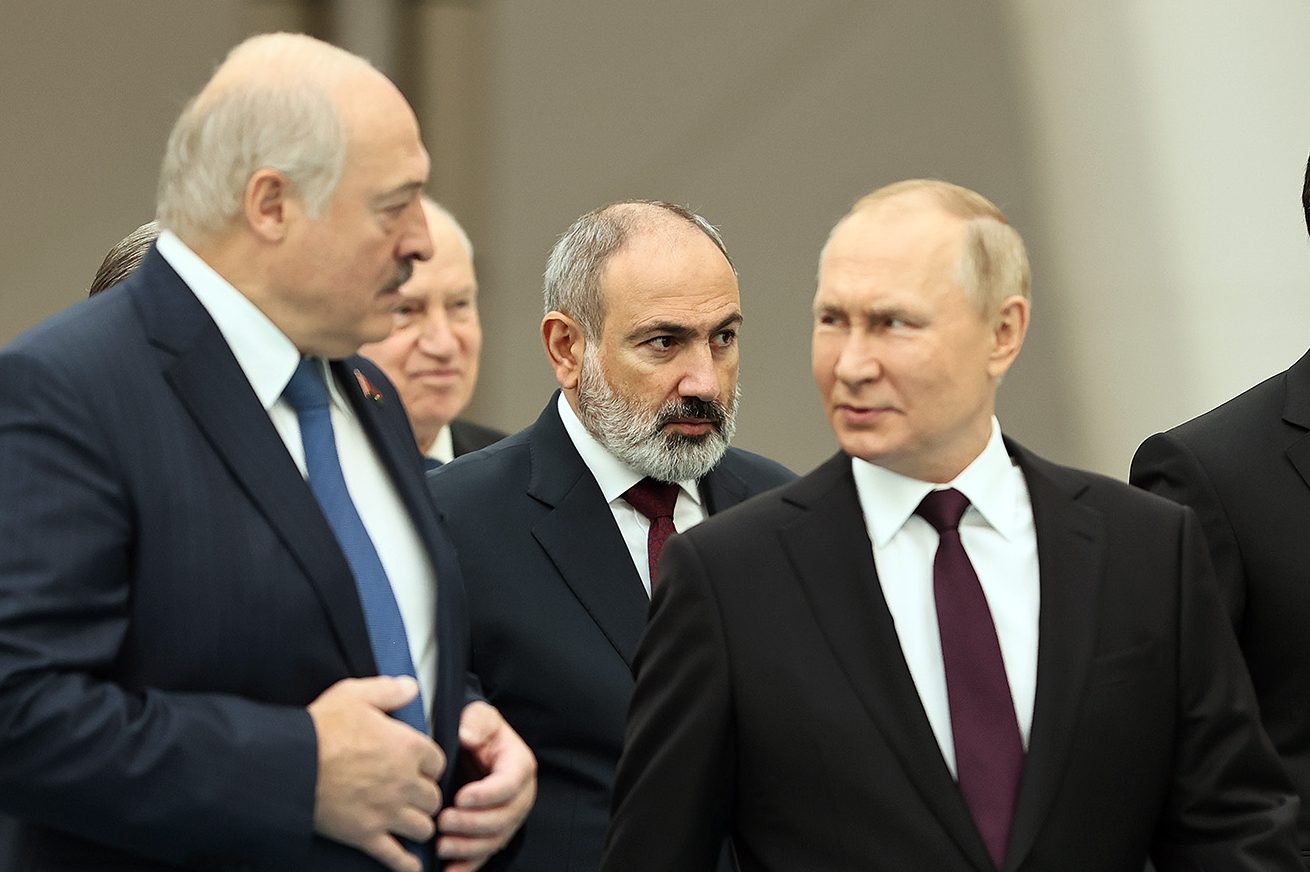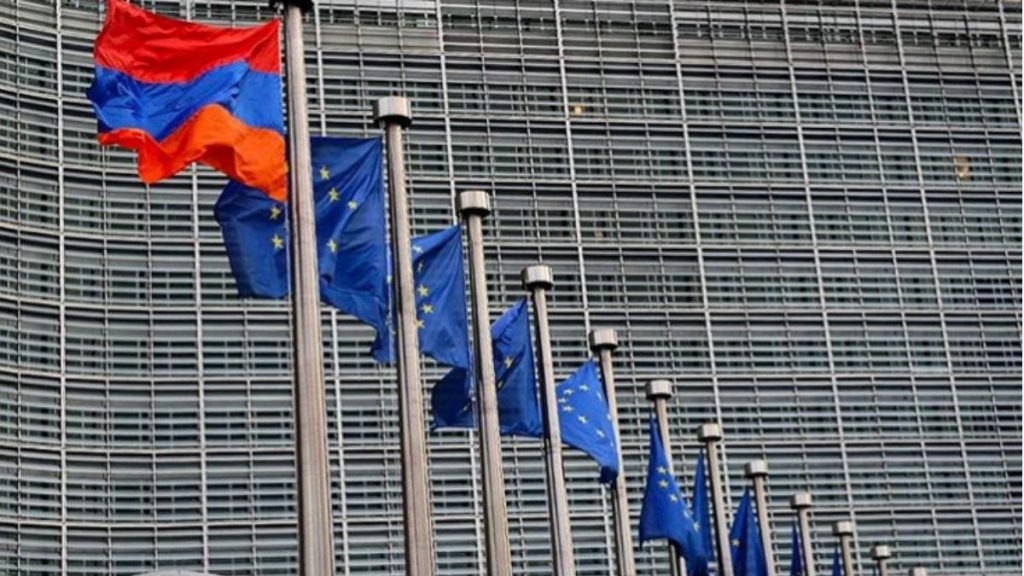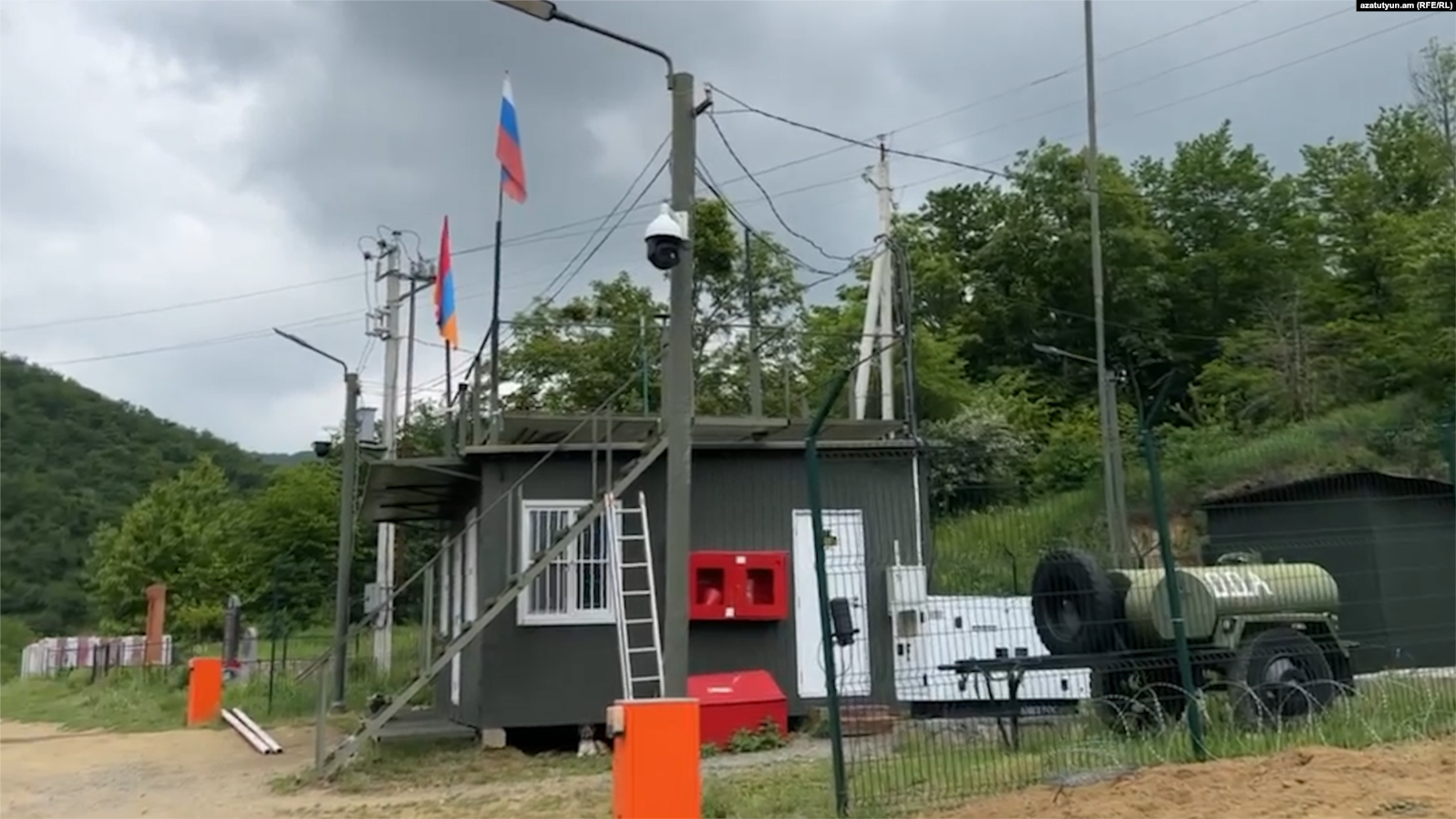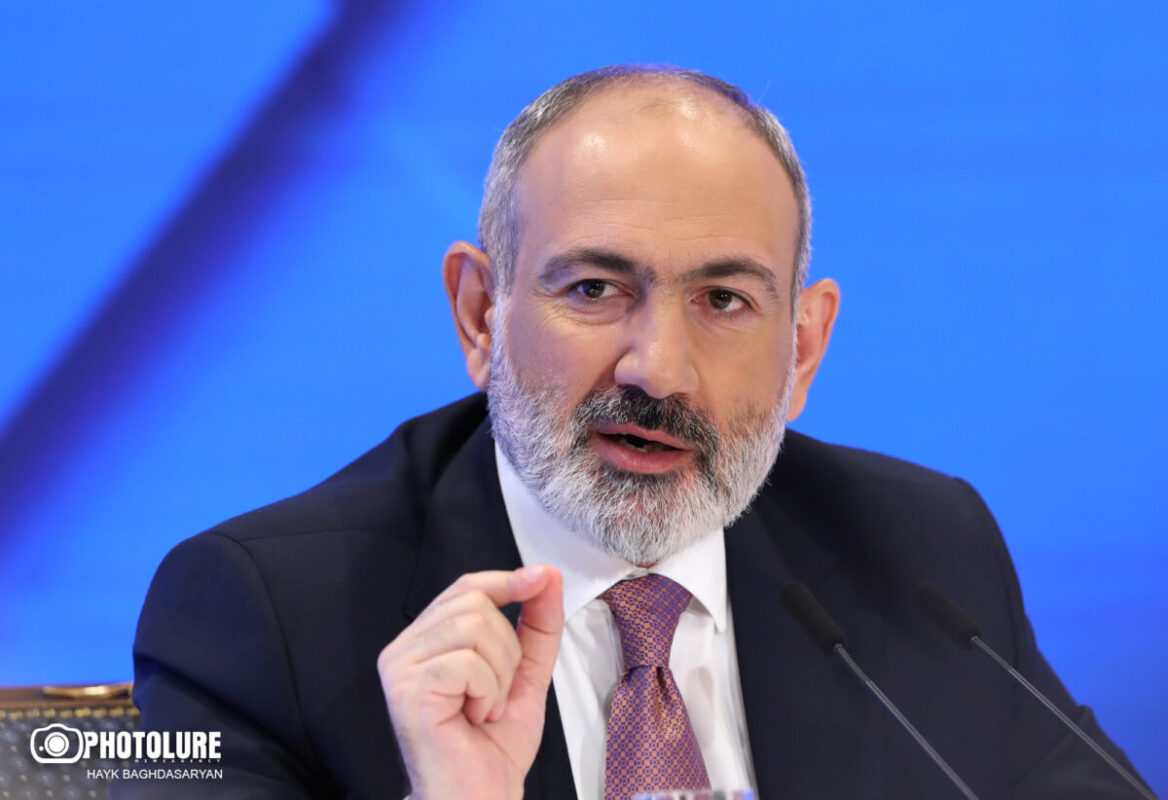"Armenia is doing everything to be excluded from the CSTO": On the escalation of relations with Belarus
Armenia-Belarus relations
Tensions between Armenia and Belarus have escalated in recent days. Both Yerevan and Minsk have recalled their ambassadors for consultations. This decision followed Armenian prime minister Nikol Pashinyan’s statement that neither he nor any Armenian officials would visit Belarus as long as Alexander Lukashenko remains president.
“One of the CSTO leaders claims to have participated in the preparation of the 44-day war, encouraged, believed in, and wished for Azerbaijan’s victory. After that, should I go and sit next to the president of Belarus in the CSTO format and discuss anything?” Pashinyan said.
Minsk responded to the prime minister’s statement, wishing the Armenian people leaders who truly think about the country’s future and the well-being of its people. Yerevan immediately issued a counter-statement, suggesting that in the case of Belarus, having a leader who thinks about the country’s future is a “luxury.”
Political analyst Areg Kochinyan described the exchange of notes between the foreign ministries of the two countries as a “diplomatic skirmish.”
“This tension is about everything but Armenia-Belarus relations. It concerns the CSTO, Russia, and, to some extent, Armenia’s domestic political sentiments,” he told JAMnews.
Kochinyan believes the timing of the response to Lukashenko was influenced by domestic political sentiments. He explains that the topic of Russian and Eurasian integration is currently extremely unpopular in Armenia. Since the Armenian authorities need public support, they decided to use this issue now.
- “It was an attempted coup” – Political analyst on the actions of the protest movement in Armenia
- Armenia-U.S. relations progress: O’Brien’s visit to Yerevan
- Opposition in Armenia now demands the resignation of the government, not just prime minister
During a meeting with Azerbaijani president Ilham Aliyev on May 16, Belarusian president Alexander Lukashenko said, “I recalled our conversation before the war, before your liberating war, when we engaged in philosophical dialogue over lunch. Back then, we concluded that victory in war is possible. That’s important. And then we agreed that after the war, the most difficult time would begin, when it would be necessary to revive the lands you liberated, to start the rebirth.”
Armenian prime minister Pashinyan responded to Lukashenko’s statement on May 23. He emphasized that the Belarusian president said what he had been trying to convey to the people for the past few years, albeit indirectly. “In the preparation of the 44-day war, our allies were involved on the opposing side. I know of at least two countries of the Collective Security Treaty Organization [a Russian military bloc that includes Armenia] that participated in the preparation of the war against us,” Pashinyan said, without naming the second country.
“We won’t go to Belarus”
On Thursday, prime minister Nikol Pashinyan addressed the Armenian Parliament once again, commenting on statements made by Belarusian president Alexander Lukashenko nearly a month ago. The sensational news was that neither Pashinyan nor any Armenian officials would visit Belarus as long as Lukashenko remains in power.
However, the Armenian prime minister did not rule out that he might be “forced, in some sense, to communicate with the president of Belarus” during meetings within the Eurasian Economic Union (EAEU) and the Commonwealth of Independent States (CIS) formats.
Armenia and Belarus are both members of two blocs: the economic EAEU and the military Collective Security Treaty Organization (CSTO). Official Yerevan has announced a freeze on its CSTO membership, although such a procedure is not provided for by the organization. Armenia has simply stopped participating in the military bloc’s meetings, exercises, and has refused to fund it. However, there has been no discussion of freezing participation in the EAEU.
Pashinyan also touched on Armenia’s participation in the CSTO. The situation could change, the prime minister said, again linking this issue with Belarus:
“Could something change regarding the CSTO? Theoretically, it cannot be excluded. For example, if Belarus decides to leave the CSTO, or if the president of Belarus apologizes and provides explanations that are acceptable to the people of Armenia.”
Exchange of protests between Minsk and Yerevan
Belarusian Foreign Ministry spokesperson Anatoly Glaz responded to Nikol Pashinyan’s statement that he would no longer visit Belarus:
“We do not intend to worsen these relations, no matter how much the Armenian leadership is pushed towards this by external players. We have never done anything to harm our friends. We do not interfere in internal affairs, we respect the Armenian people, and we sincerely wish them leaders who truly think about the future of the country and the well-being of the people.“
In response, the Armenian Foreign Ministry sent a note to Minsk. The spokesperson for the Armenian Foreign Ministry, Ani Badalyan, stated:
“A wish to have leaders who think about the future of their country can come from someone who possesses such qualities themselves. In the case of Belarus, at this moment, it is truly a luxury.”
“Belarus sold ‘Polonez’ systems to Azerbaijan for $120 million”
In Armenia, there is significant discussion about what has intensified the situation and why Belarus and the CSTO are being discussed again. This may be related to new information about Belarus selling weapons to Azerbaijan.
In the morning, Andranik Kocharyan, chairman of the parliamentary commission on defense and security issues, announced that Belarus sold Azerbaijan multiple launch rocket systems, known as “Polonez,” for $120 million. According to him, these systems have been primarily deployed in the direction of Nakhchivan to attack Armenia’s southern borders.
“Polonez is a weapon with a range that can cause tension along all our borders,” he said.
Kocharyan also mentioned that Armenia has “reacted” to this move by Belarus, but did not specify how.
Politico on the sale of Belarusian weapons
On June 13, Politico reported that Belarus provided advanced military technology to Azerbaijan, despite being Armenia’s ally in the Russian-led military bloc. The article describes Belarus’s decision to supply Azerbaijan with advanced military equipment during 2018-2022, giving it an advantage in conflicts with its long-standing rival, as a betrayal from Armenia’s perspective.
The report indicates that Belarus supplied mobile combat stations for countering UAVs called “Groza-S.” Additionally, Belarus provided services for modernizing old artillery equipment and delivered new equipment used for electronic warfare and UAV systems.
The article recalls that in September 2022, Azerbaijani forces attacked Armenian sovereign territory, capturing important strategic heights. At that time, Armenia sought assistance from the CSTO, but the organization did not fulfill its obligations.
Instead of providing military assistance, the CSTO proposed sending observers to Armenia. Armenian authorities were most outraged that the bloc did not give a clear assessment of the events on the border.
Armenia declined the help offered by its allies. Here’s how Nikol Pashinyan explained his decision:
“Since May 11, 2021, Azerbaijan has used military force three times and occupied about 140 square kilometers of the sovereign territory of the Republic of Armenia. What do we expect from the CSTO in this regard? The confirmation of this fact in the form of a clearly formulated political assessment. To refrain from such an assessment, saying that there is no border between Armenia and Azerbaijan, means to assert that there is no CSTO responsibility zone, and if there is no responsibility zone, then the organization itself does not exist.”
Commentary
When the prime minister of Armenia mentioned that two CSTO countries directly supported Azerbaijan, it was clear to everyone that he meant Russia and Belarus, says political analyst Areg Kochinyan.
“The escalation of Armenia-Belarus relations should be viewed primarily in the context of Armenia-CSTO relations and, more significantly, Armenia-Russia relations. Minsk is not seen in Yerevan as a separate entity. It is perceived here as an unofficial representative of Moscow,” he emphasized.
According to the political analyst, Yerevan is following a policy aimed at pushing the Collective Security Council to make a decision on Armenia’s exclusion from the bloc. This is evidenced, in his view, by Armenia’s non-participation in CSTO funding, critical statements, and even demands for another country, Belarus, to leave the organization.
Kochinyan explains that the governing body of the CSTO, the Collective Security Council, can decide to terminate Armenia’s membership. He recalls that Uzbekistan left the military bloc in a similar manner. The legal possibility exists, but the decision must be made by the council members, the leaders of CSTO member states:
“This is the most ‘economical’ option politically. Whoever makes the decision will bear the political responsibility for it. Armenia will not leave the CSTO, and questions will not be addressed to Armenia. In other words, the next political escalation will be created not by Yerevan but by Moscow.”
However, Areg Kochinyan believes that Armenia should exit the bloc on its own, without waiting for the CSTO council’s decision.























